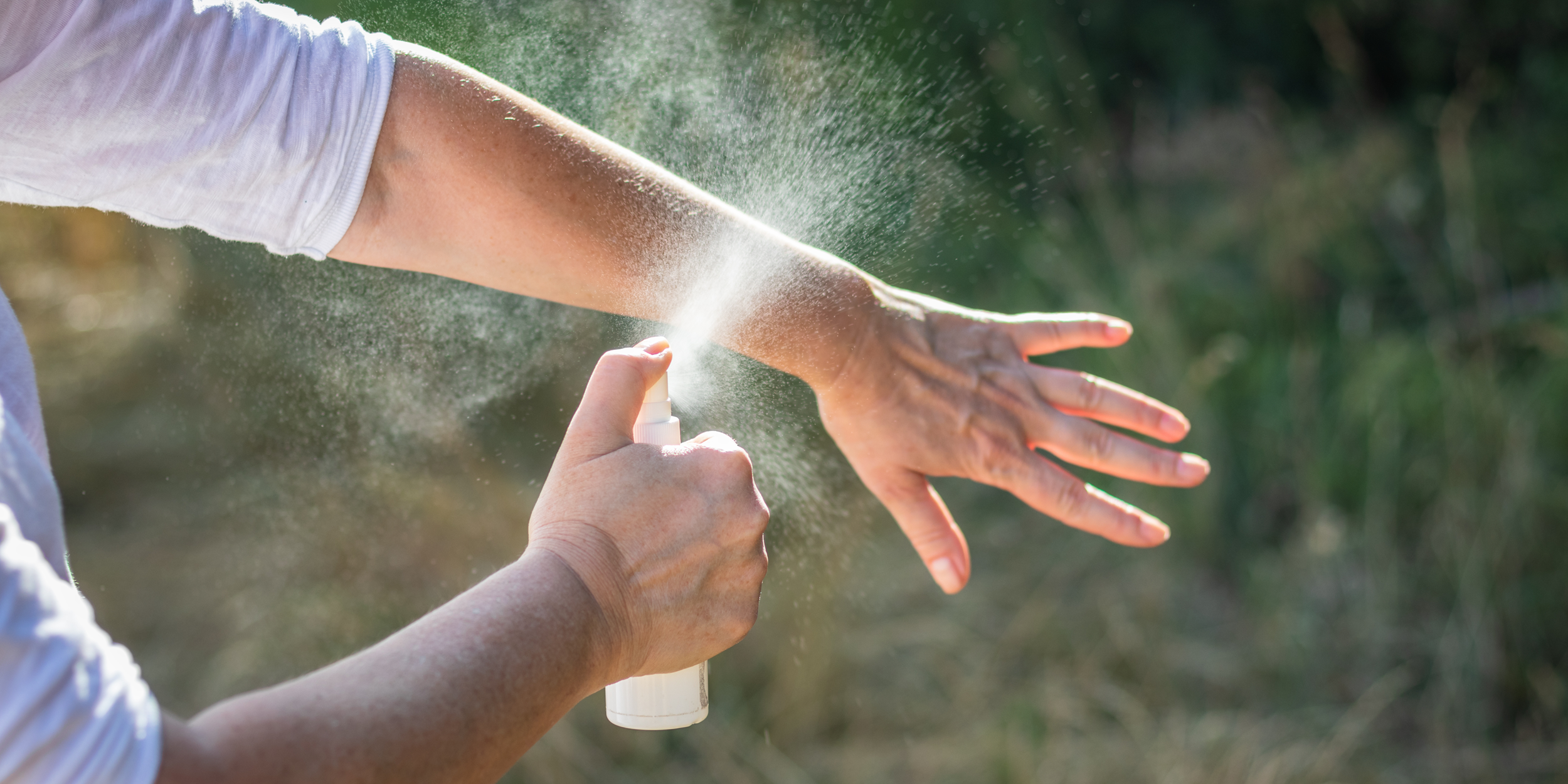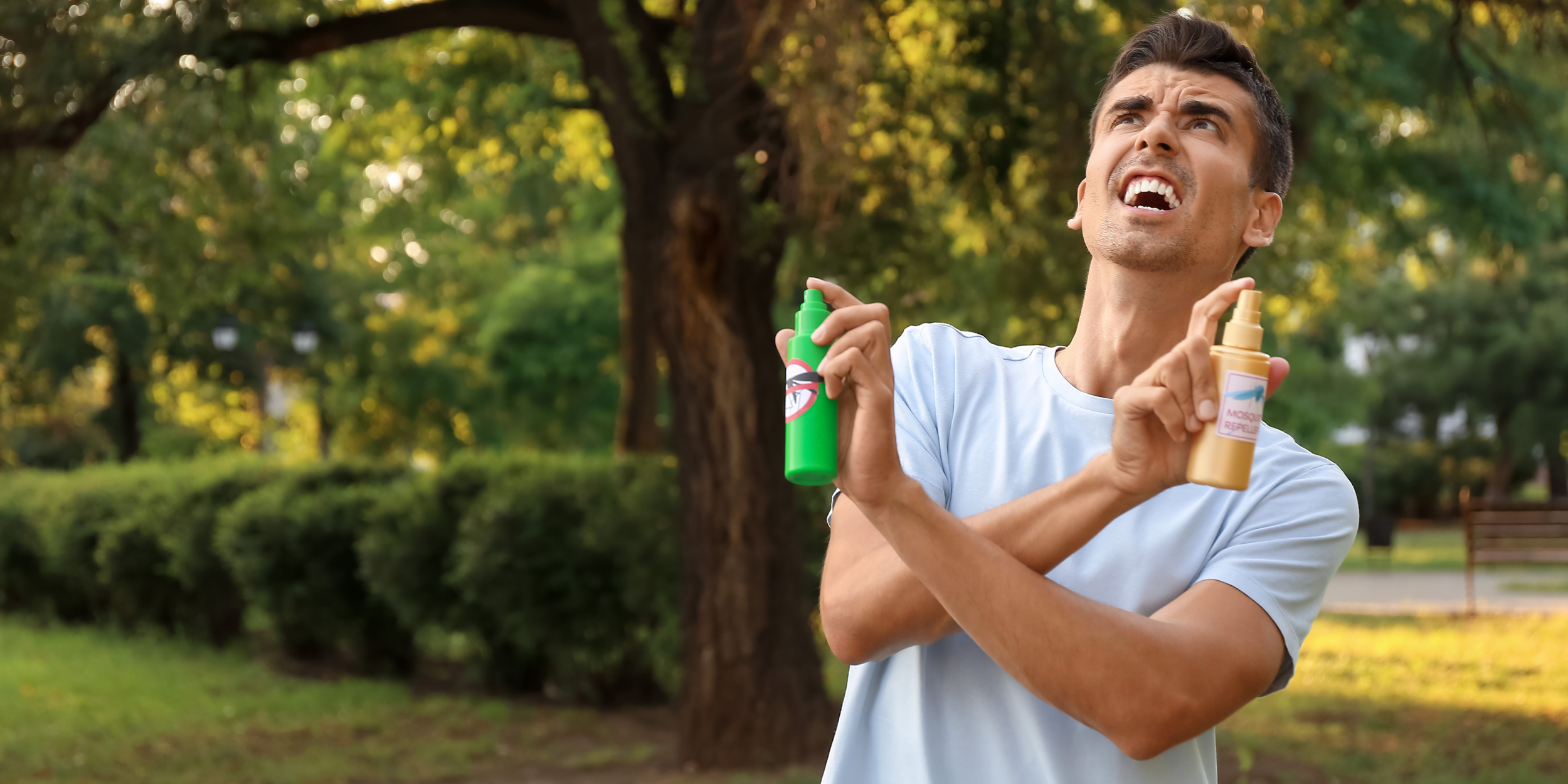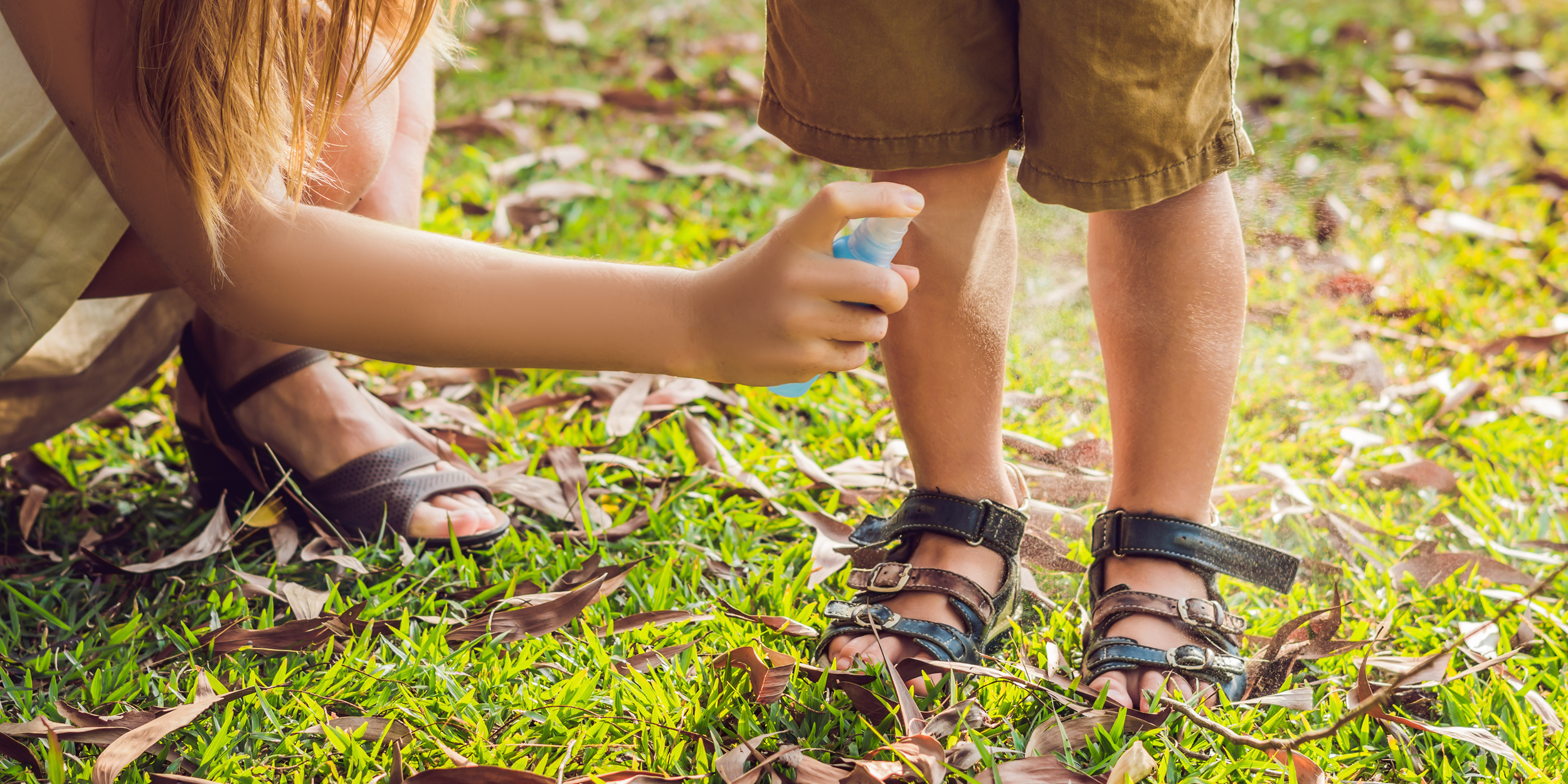Be prepared for challenging Kenya safaris. Bugs can harm and annoy. To avoid infections and insect bites, Kenya safaris require bug repellents. This page discusses Kenya safari pests, how to handle them, and bug repellents.
Why Kenya Safari Bug Repellents Matter
Safaris in Kenya require bug repellent due to the health risks of bug bites. Zika, dengue, and malaria are mosquito-borne. Avoiding mosquitoes reduces the risk of certain diseases.
Ticks are another Kenya safari bug. They spread Lyme and tick-borne encephalitis. In Kenya, tsetse flies spread sleeping sickness. Repellents can greatly minimize your risk of being bitten and contracting these diseases.
Kenya Safari Bugs
Kenya safaris may have many pests. Local mosquitoes are possibly the most common insect. They prefer standing water and are active at dark and dawn. People and animals can get ticks in the grass. Woods and water are where tsetse flies live.
Bug types pose distinct threats. Mosquitoes spread dengue, malaria, and Zika. Lyme disease and tick-borne encephalitis are transmitted by ticks. Tsetse flies spread sleep sickness. Determine each insect’s risks and take precautions.
Kenya Safari Bug Repellents: Chemical vs. Natural
Herbal and chemical insect repellents exist. Many people use IR3535, picaridin, and DEET bug sprays. They hide user odor or repel insects. Better than natural repellents, chemical ones last longer.
 However, natural bug repellents use eucalyptus, lemongrass, or citronella oil. These chemicals repel bugs with their strong aroma. Chemical-free natural repellents are safer for pregnant women and children.
However, natural bug repellents use eucalyptus, lemongrass, or citronella oil. These chemicals repel bugs with their strong aroma. Chemical-free natural repellents are safer for pregnant women and children.
Chemical and natural bug repellents have pros and cons. Chemical repellents are more effective and last longer, but they may hurt. Although safer, natural repellents may need more frequent reapplication.
Top Kenya Safari Chemical Bug Repellents
Many chemical bug repellents work for Kenya safaris. DEET-containing insect and tick repellents are popular. Picaridin, a non-greasy, odorless chemical repellant, works too. IR3535 repels and kills flies, ticks, and mosquitoes.
The active ingredient concentration determines chemical bug-repellant efficacy. DEET at higher levels provides longer protection. Consider risk and safari duration while choosing a chemical bug repellent.
Top Kenya Safari Natural Bug Sprays
Many natural insect repellents exist. Natural bug-repellent citronella oil is popular. Lemongrass and eucalyptus repel insects and ticks.
Natural mosquito repellents are safer for youngsters and pregnant women than chemical ones, but they last less. Insect-prone locations may require more natural repellents.
Choose a Kenya Safari Bug Repellent
Consider these things while choosing mosquito repellent for your Kenya safari. Before traveling, assess destination risk. In mosquito-borne disease-prone areas, use a chemical repellent with more DEET.
Consider personal preferences, allergies, and sensitivities. Consider a natural bug repellent if you have sensitive skin or prefer natural goods. Consider your safari length and repellent reapplication frequency.
Kenya Safari Bug Prevention
Apply insect repellant properly for best results. Read and follow product label instructions. Apply repellant evenly on exposed neck, arms, and legs. Do not apply repellent to open wounds or irritated skin.
Avoid getting insect repellant in your mouth, eyes, or open wounds. Repellent in your eyes? Wash them well. Wash hands after using repellant to avoid ingesting it.
Kenya Safari Bug Repellent Precautions
Most bug repellents are safe but use caution. First, apply the repellent according to box instructions. Since kids may put their hands in their mouths, keep mosquito repellent off their hands.
 If you have allergies, check bug-repellent components before using. Bug repellent can cause rashes and respiratory problems, so seek medical assistance immediately.
If you have allergies, check bug-repellent components before using. Bug repellent can cause rashes and respiratory problems, so seek medical assistance immediately.
Kenya Safari: Handling a Bitten Spot
Kenyan safari pests can bite even with protection and repellent. Bite discomfort can be reduced and illness avoided. Start by washing the bug bite with soap and water to kill bacteria.
Reduce inflammation and swelling using a compress or cold pack. Hydrocortisone creams and OTC antihistamines reduce inflammation and pain. If the bite becomes infected, you have significant pain or fever, seek medical assistance immediately.
Safari in Kenya is bug-free and safe
Finally, Kenya safaris require mosquito repellents. They protect against infection and bug bites. Kenya safari travelers can contract malaria, Lyme disease, and sleeping sickness via mosquitoes, ticks, and tsetse flies.
Consider your preferences, destination risk, and allergies when picking an insect repellent. Follow bug repellent label instructions to reduce risk.
Take these precautions for a bug-free and safe Kenya safari. Consult a doctor or travel agent for specific advice.

